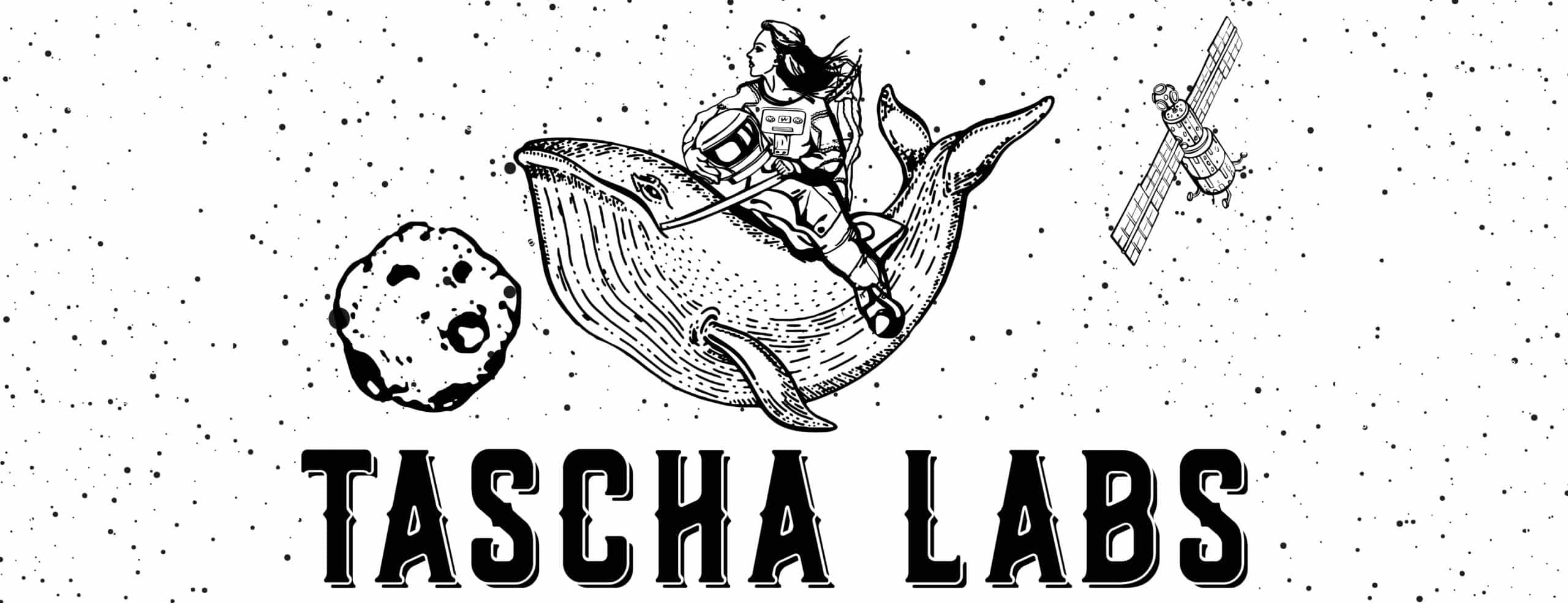Most people can draw obvious conclusions about situations.
But if you only think the obvious, you’re just like everyone else, with no edge in investment or life.
Reality is complex. The ability to make nuanced judgement allows you to stand above the rest.
Here’s how to do that👇
Most people are what Howard Marks calls “first level thinkers”. They think simplistically— “Growth is slow and inflation going up, let’s sell our stocks”, or “This company just got a large customer, let’s buy the stock”.
The problem is other people can think that way, too, and they act accordingly. Any obvious assessment one can make about a situation or event is usually priced into the market fast.
Same goes with any judgement you make in work and life. The obvious route is usually a crowded one. But just being a “contrarian” is also simplistic, only in the opposite direction.
Reality is complex and nuanced. To make better judgement, your thinking needs to be more complex and nuanced as well. Here’s a framework to do that.
1. Think about relative importance
Everyone can make a list of pros and cons of any decision, but few can figure out the right weights for each factor in the big picture. That’s why people miss the forest for the trees all the time.
The Tesla bears regularly point out various absurdities about the company— wacky CEO, crazy PE ratio, failure of deliveries. The list goes on.
But on the other hand, the market is growing fast. The cost of lithium-Ion batteries are going down. And Tesla may have a large cost edge over other producers.
All the above are pieces of reality, but they are not of equal weights. How you put those pieces together to make the right call is by thinking about the relative importance of each.
2. Think about size of impact
Most people can see if an event is bearish or bullish, but they don’t take the time to dig into the magnitude of the impact.
News came out that China is cracking down on big tech. Market sold off Chinese tech stocks. Is the market directionally wrong? Probably not. But it takes more than a knee-jerk reaction to see if the magnitude of the selloff is right.
If you conclude through research that an event should be 20% bearish, but the market priced it as though it were 80% bearish, then you have an opportunity.
3. Think about time horizon
A lot of people saw internet coming in the 90s. They said internet was going to change the world and they were right. But what’s the time horizon of that change manifesting?
Most people betting on the internet in the 90s were too early, and lost money in the dot-com crash.
After the 2008 crisis, a lot of people saw quantitative easing and money creation as unsustainable. So some started shorting the US dollar. Sadly for them, the dollar has mostly gone up since.
These people had a valid point of view. But they misjudged how long it would take for the factor they grabbed onto to play out.
They also misjudged the relative importance of various other factors (point #1 above), e.g. the growing need for USD in global commerce, how much other currencies are also depreciating.
4. Think about event dynamics
The world is not static. The observer changes the observed. One event has many ramifications.
Simplistic thinking says, “If A happens, it will lead to B”. Nuanced thinking says, “If A happens, it will lead to B, but also C, D, E. And C, D, E will make B irrelevant”.
Simplistic thinking goes, “Elon Musk will go on SNL—> Price will rise—> Let’s buy Dogecoin”.
Nuanced thinking goes, “Elon Musk will go on SNL—> everyone will expect price to rise, so they’re buying now—> By the time SNL happens, everyone has already bought and nobody is left to buy—> Price will drop—> Let’s sell Dogecoin before SNL or not bother at all.”
BTW, like this so far? I write about ideas to expand your freedom, wealth, and consciousness. Subscribe to my newsletter for updates 👉 https://taschalabs.com
5. Think about your blindspots
Everyone’s worldview is limited by our personality, upbringing, social-economic status, etc. Your background can be a source of unique insight, but can also be a heavy baggage in decision making, because it causes blindspots.
If you’re carnivore, it may be hard to see why BeyondMeat is successful. If you’re devoutly religious, you may dismiss cannabis stocks outright.
If you want to have better judgment about where the world is going, it helps to keep your ideologies at a minimum, or at least be aware what they are.
Whenever reality is apparently diverging from what you think it should be, rather than complaining about reality, try to think about where your blindspots are. You will need that awareness later.
Homework:
Let’s practice this framework right away. Here’s a homework for you.
Many people say the American economy is on the decline. China is taking over, innovation is being globalized, etc.
So, would you “long” or “short” America and why?
As you put the puzzle pieces together, remember to think about their
1/ relative importance
2/ size of impact
3/ time horizon
4/ dynamics
and
5/ your own potential blindspots
You’re welcome to post your response in comments.
Like this? I write about ideas to expand your freedom, wealth, and consciousness. Subscribe to my newsletter for updates 👉 https://taschalabs.com

2 Comments
On the subject of whether or not America is in decline, I believe you would love Marin Katusa’s book, “The Rise of America”.
Yes I like that book.